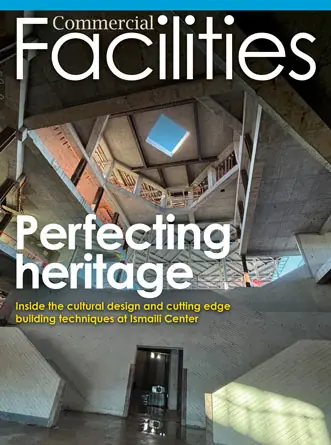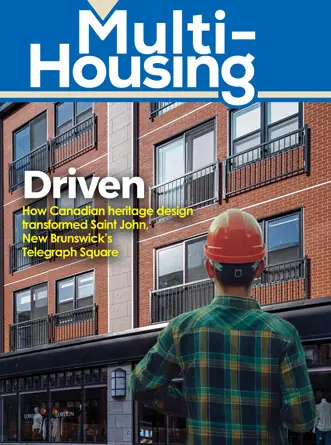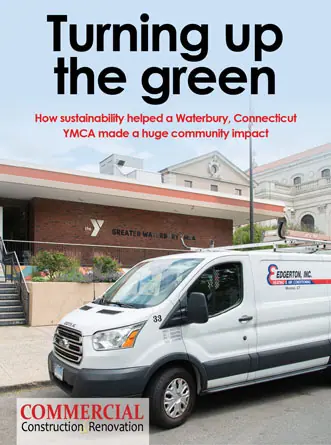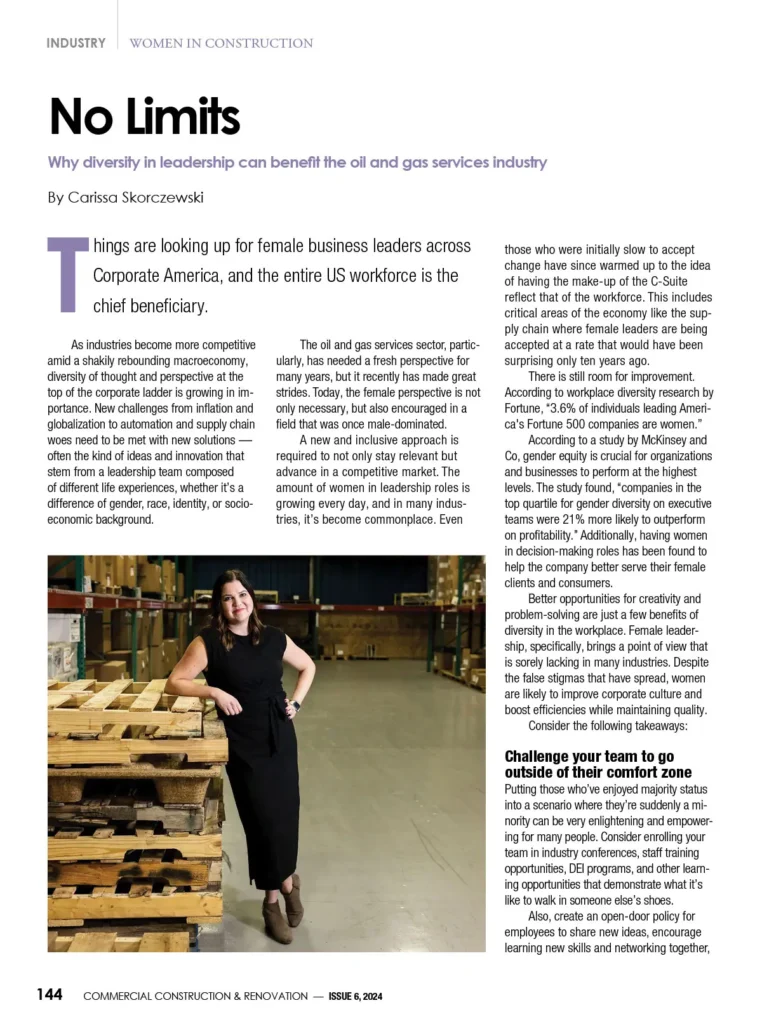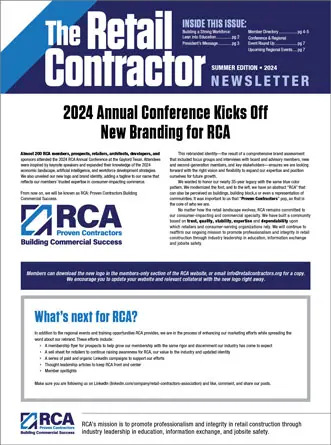With any construction project, every penny counts and efficiency is paramount. While many sectors capitalize on cooperative procurement contracts, higher education institutions and campuses are increasingly turning to the business model and opportunity as enrollment struggles and tuitions are teetering. This collaborative method of purchasing is also advantageous for construction companies and contractors.
Lower Costs Through Collective Purchasing Power
For higher education institutions embarking on construction projects, cost-effectiveness is a top priority. By participating in cooperative agreements, institutions can leverage their collective purchasing power to negotiate significantly lower prices with vendors. Whether it’s building new academic facilities, dormitories, or recreational centers, the aggregated volume of procurement needs drives down costs and ensures more favorable terms and conditions.
Moreover, the competitive bid process is more streamlined and efficient in higher education procurement contracts, which is especially advantageous for large-scale campus projects and the contractors who take them on. With multiple awards made to a single contract, administrative overheads decrease, and the overall procurement timeline shortens, allowing institutions to allocate resources more effectively towards their core mission of education and research.
Reduced Administrative Burden
Navigating the web of procurement and contract preparation can be daunting for higher education institutions. However, cooperative procurement offers a lifeline by centralizing these procedures and alleviating the administrative burden on university staff and contractors alike. By eliminating the need for individual bid preparation and solicitation, cooperative purchasing saves valuable time and resources, enabling institutions to focus on their core academic pursuits.
Furthermore, the accessibility of cooperative agreements is particularly advantageous for higher education institutions, many of which operate under tight budgetary constraints. The ability to join and utilize such frameworks at minimal or no additional cost makes cooperative procurement an attractive option for universities and colleges looking to maximize efficiency without compromising on quality or compliance.
Access to Expertise and Specialized Services
Construction projects within higher education settings often demand specialized expertise and services tailored to the unique needs of academic institutions. Whether it’s state-of-the-art laboratories, technologically advanced lecture halls, or sustainable infrastructure, cooperative agreements provide access to vendors with the requisite experience and capabilities.
From architectural design firms specializing in campus planning to construction companies with a track record of delivering LEED-certified buildings, cooperative procurement ensures that higher education institutions can secure specialized goods and services without the need for extensive individual negotiations. This streamlined approach not only accelerates project timelines but also ensures that campuses remain at the forefront of innovation and sustainability.
How the Contractor Benefits
Cooperative procurement is a strategic tool for any organization prioritizing cost optimization, but contractors who enter collective contracts to support them can benefit from preferred supplier status and reliable business streams over time. Because cooperative procurement is orchestrated on behalf of the institutions, the contract is established and administered by representatives who are well-versed in the construction industry and all aspects of project management. With this lowered learning curve, construction budgets that have been more tightly negotiated are typically accompanied by finite scopes of work, timelines, and expectations.
Transparency and Confidence
Higher education institutions, especially those that are publicly funded, face intense scrutiny and accountability, so transparency in the procurement process is non-negotiable f. Cooperative procurement enhances transparency by adhering to strict compliance standards and fostering open communication among all stakeholders involved in the construction process.
Contractors can be confident in knowing that cooperative agreements prioritize fairness and integrity to mitigate the risks associated with more opaque procurement practices. By promoting transparency and adherence to regulatory requirements, cooperative procurement builds trust among university administrators, faculty, students, and the broader community, fostering a culture of accountability and collaboration.
Meeting Local Goals
Higher education institutions play a pivotal role in shaping the social, economic, and environmental landscape of their communities. Cooperative contracts offer a unique opportunity for universities and colleges to align their construction projects with local goals and priorities, whether it’s revitalizing urban neighborhoods, promoting diversity and inclusion, or reducing carbon emissions.
By engaging with local vendors and contractors through cooperative procurement, higher education institutions can stimulate economic development, create job opportunities, and contribute to the overall well-being of their surrounding communities. From utilizing sustainable building materials to incorporating community input into project planning, cooperative procurement enables universities and colleges to be catalysts for positive change on and off-campus.







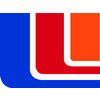

 The 2024 virtual Men’s Round Table will be held Q4, 2024, date TBD.
The 2024 virtual Men’s Round Table will be held Q4, 2024, date TBD.


